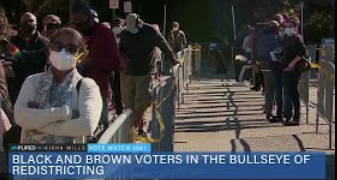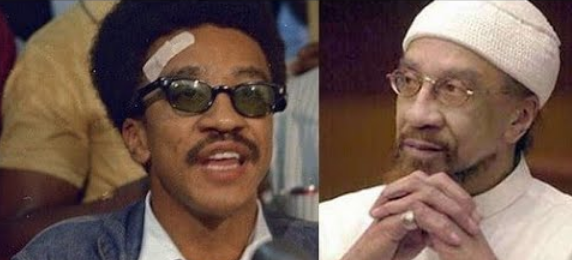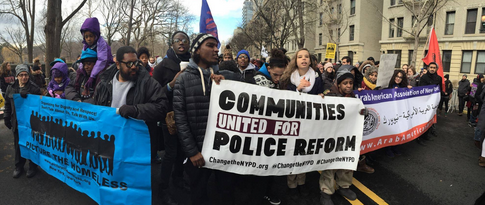Photos: Black Voters Matter\YouTube
When Charles Diggs, Jr., won election to Congress in Michigan’s 13th District in 1954, he launched nearly seven decades in which the city of Detroit had at least one Black member of Congress. That’s likely to change this year. Because of redistricting, Detroit no longer has majority-Black congressional districts.
And in the first primary election with newly drawn district lines, a Black candidate did not win the Democratic contest in the heavily Democratic 13th. That means the city is likely to lack Black representation in Congress for the first time in decades.
Redistricting is robbing Black candidates and voters of hard fought for opportunities they have had for years. In Detroit, new districts merged Black areas of the city with white neighborhoods across 8 Mile Road. The city stands to lose Black representation in Congress and have less representation in the state legislature.
Knowing what the impact could be, voters have spoken out forcefully against the new redistricting maps from pulpits to street corners to the state capitol and even before the state courts.
Sadly, Michigan is not alone. The New York Times reported in August that this year, “judges in Alabama, Georgia, Louisiana and Ohio have found that Republican legislators illegally drew those states’ congressional maps along racial or partisan lines, or that a trial very likely would conclude that they did.” Read more.







